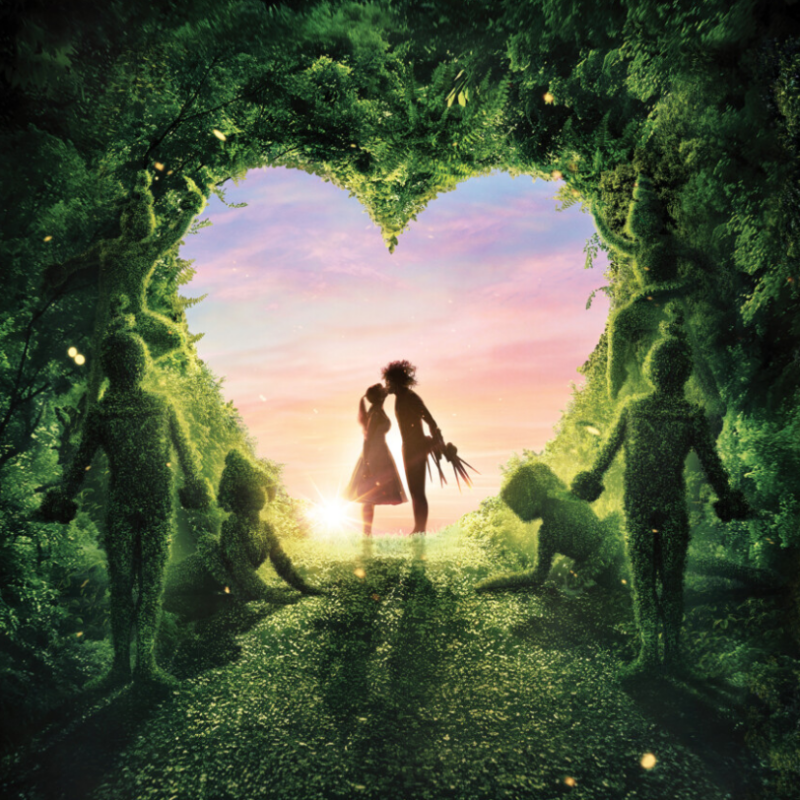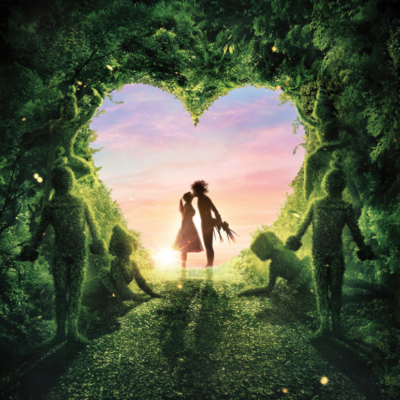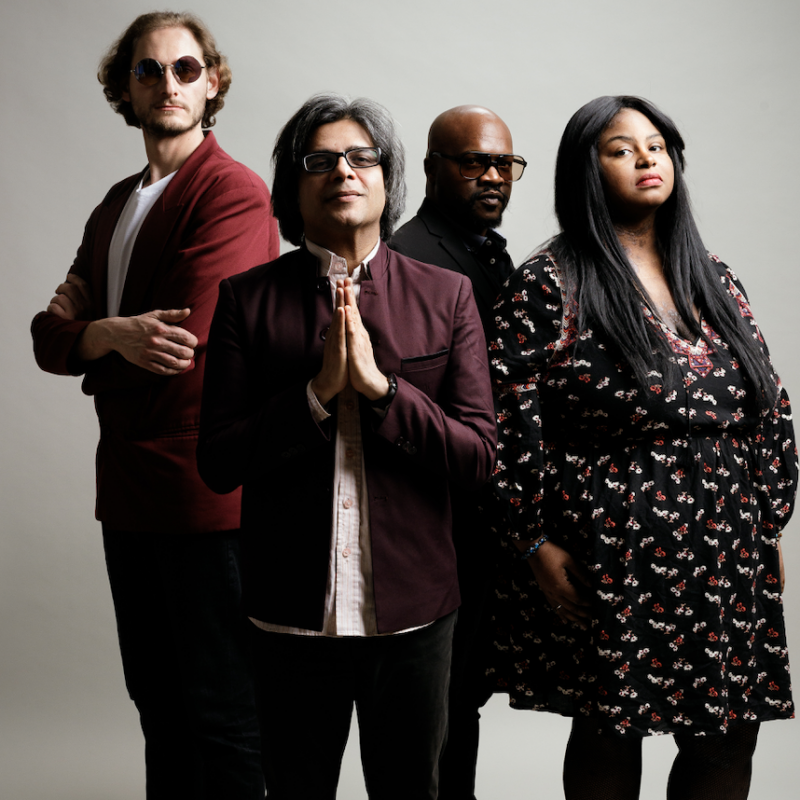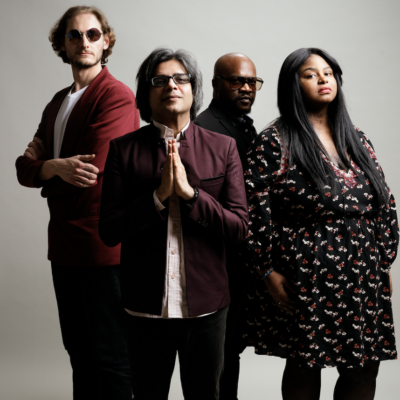Joan Baez still possesses the unwavering ability to make any song her own, even when she didn’t write the lyrics. It comes from her voice, an unmistakable soaring soprano with nightingale soul that took her to the stage of the Newport Folk Festival at the tender age of 18 and still carries a music career that’s now in its sixth decade. She’s best known as an icon of the ’60s folk movement, the songbird alongside Bob Dylan who often brought gentle nuance to his songs like “It’s All Over Now, Baby Blue.”
Baez also championed others through the years. Her acclaimed “Diamonds and Rust” was surrounded by versions of songs written by Dylan, Jackson Browne, and John Prine on the 1975 album of the same name. It continued into the early ’90s when she brought a then-emerging Indigo Girls (who will join Baez at the nTelos Wireless Pavilion on Tuesday, June 11) on tour to expose the young songwriters to her audience. More recently, Baez made her latest album, 2008’s Day After Tomorrow, in Nashville with production help from Steve Earle. It featured Baez singing three Earle songs, as well as tunes by Tom Waits and Patty Griffin.
Beyond the music, Baez has remained a stalwart social activist, lending her voice to everything from Dr. Martin Luther King’s March on Washington in 1963 to a more recent street concert for Occupy Wall Street protestors. Ahead of her appearance in Charlottesville, Baez took C-VILLE’s questions by phone.
C-VILLE Weekly: What did you admire about the Indigo Girls’ sound?
Joan Baez: “They triggered a 10-year period where I had young songwriters as opening acts. I immediately noticed they had a wonderful spirit and great stage presence. Something you first hear either grabs you or it doesn’t. We’ll definitely be doing songs together on this upcoming tour.”
What elements do you look for in a song to make you want to sing it?
“I think the songs look for me. There’s no real design to it. It doesn’t have to be political or a ballad. It can be anything that rings a bell inside me. Often that has to do with social issues, but more often it just means it’s a beautiful song.”
What can fans expect out of a typical set these days?
“I cover the gamut. It’s been over 50 years, so people have entered my singing career at different times. To some people ‘Diamonds and Rust’ is an old song and others are just discovering it. I try to construct a concert that has everything. The trick is to keep it fresh. It almost doesn’t matter what I sing, as long as it’s fresh to the public and me. I like to rearrange songs that I’ve done forever. I get help from Dirk Powell, an amazing musician who plays seven instruments. It’s a way to keep these old songs alive.”
It’s been almost five years since your last album. Do you have plans to record another?
“I don’t right now, but that doesn’t mean it won’t happen. I would still do it if the right songs show up and the mood strikes. Right now I spend most of my time painting, and that’s all I really want to do. I have to realign my brain to get back into concert mode, but that should only take about a week.”
If you look at the current line-up of the upcoming Newport Folk Festival, it’s apparent that folk music is thriving. What’s your take on the current scene?
“Newport has found a way to keep itself vital. It had a lull for a while, but I think it’s been helped by young bands using a variety of different approaches. The last time I was there they wanted us to end with ‘This Land is Your Land.’ There was a wonderful young Cajun band on stage, and I said, ‘Just let them play one of their songs.’ They did, and we all danced. It felt fresh and out of the box. That’s what it’s all about.”
You’ve been a political activist throughout your entire career. Do you have a current cause?
“The backdrop to all of our lives has been changed so radically by global warming, which many people are still in denial about. I don’t see how it’s possible that my granddaughter will have a life, and that’s terrifying to me. I think along the lines of little victories and big defeats. The battle is against greed, but the key is to stay compassionate and caring. I believe that makes a total difference even if we’re not able to stop what’s coming.”
Do you have a favorite song to sing?
“Songs go through my head at different times of the day, so I would say I have different favorites all the time. Believe it or not, I just stumbled upon Whitney Houston’s ‘I Will Always Love You.’ That’s a song I would have been able to sing years ago. I was surprised I found myself listening to it, but it really is magnificent. The production and singing is beautifully done.”
Joan Baez and the Indigo Girls nTelos Wireless Pavilion, June 11





